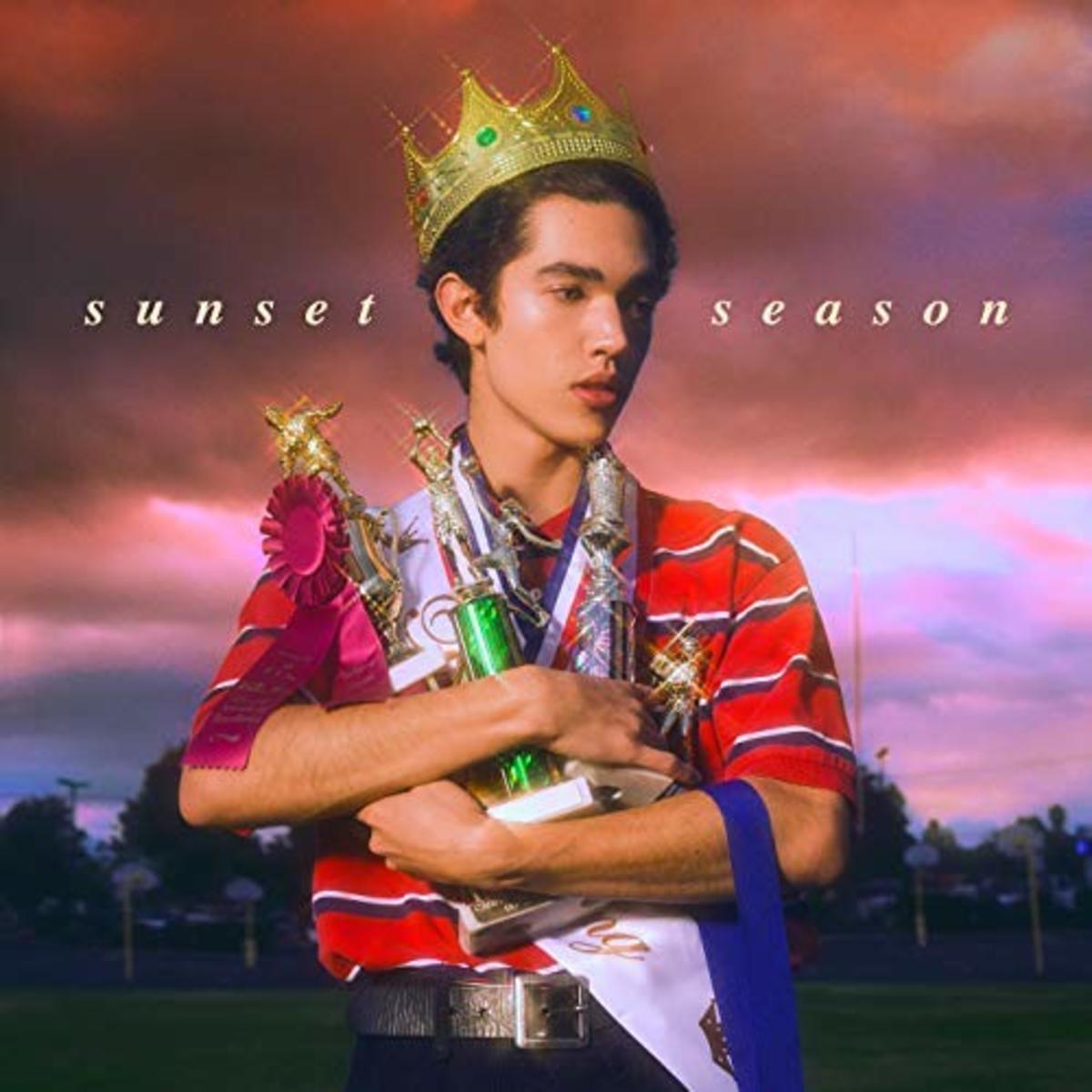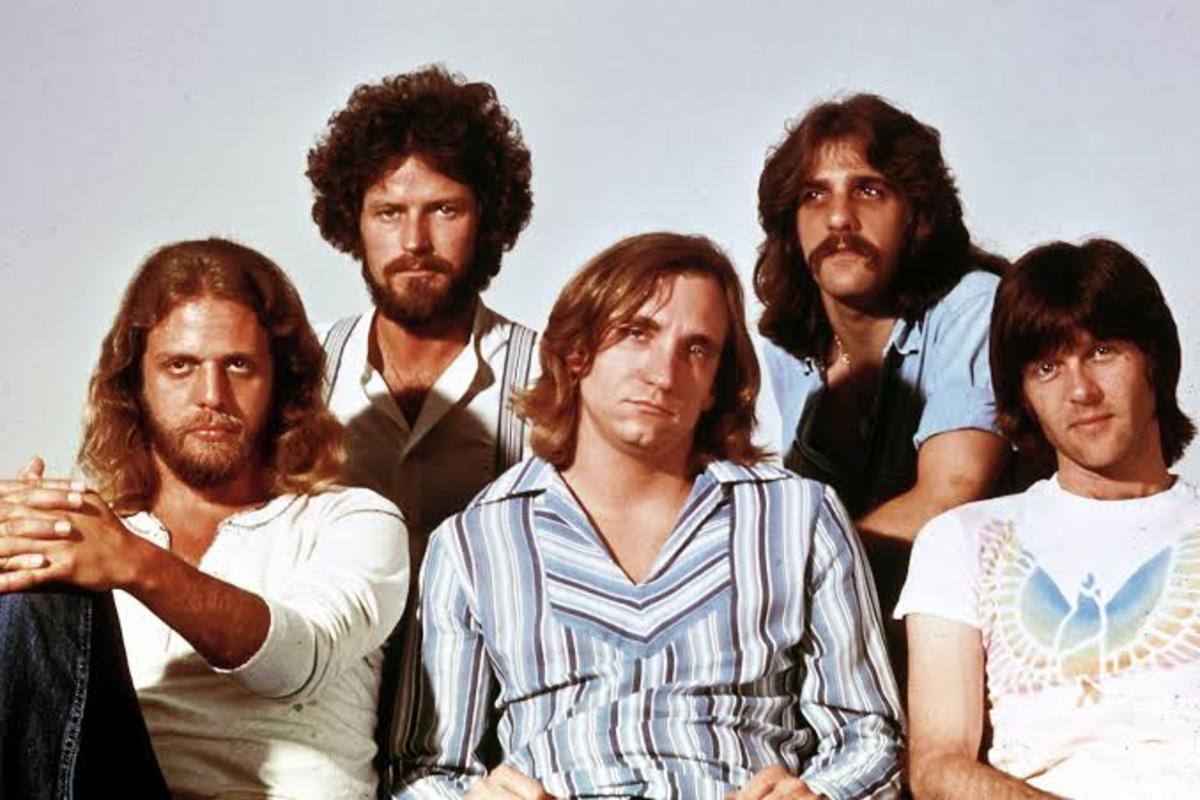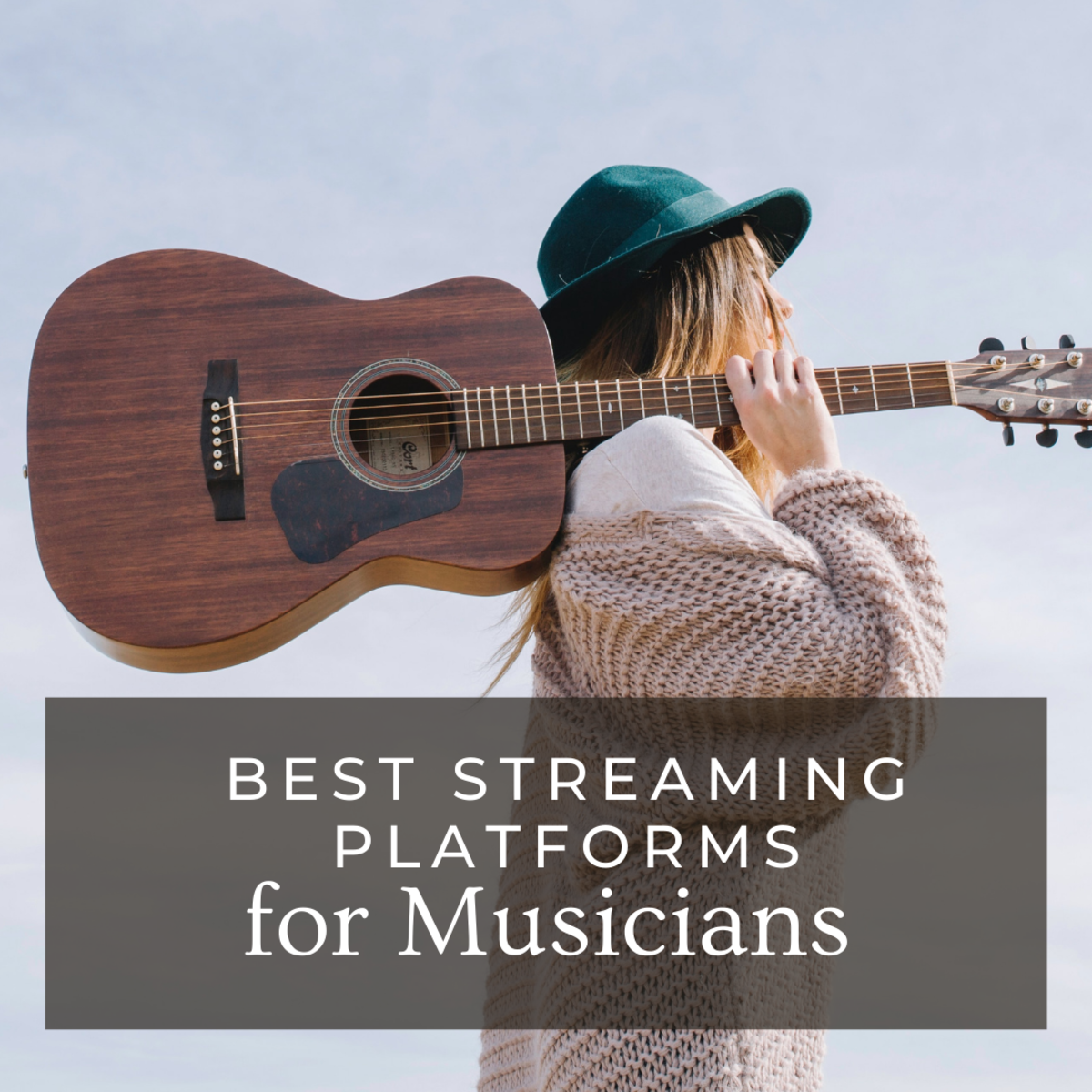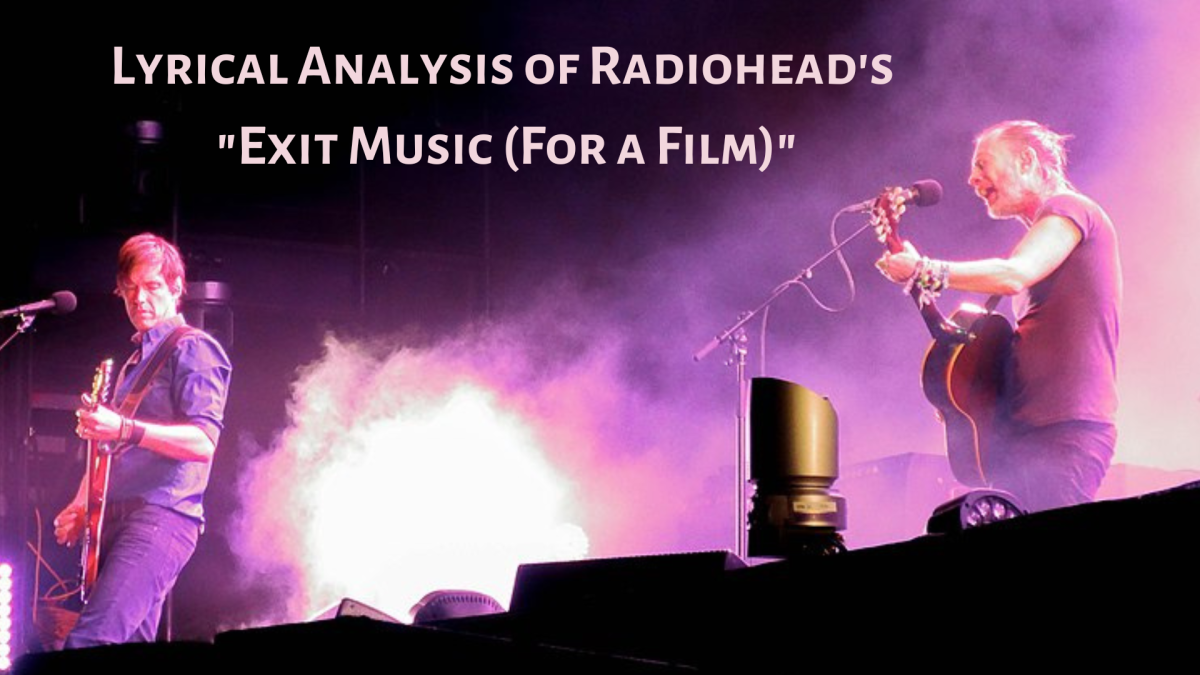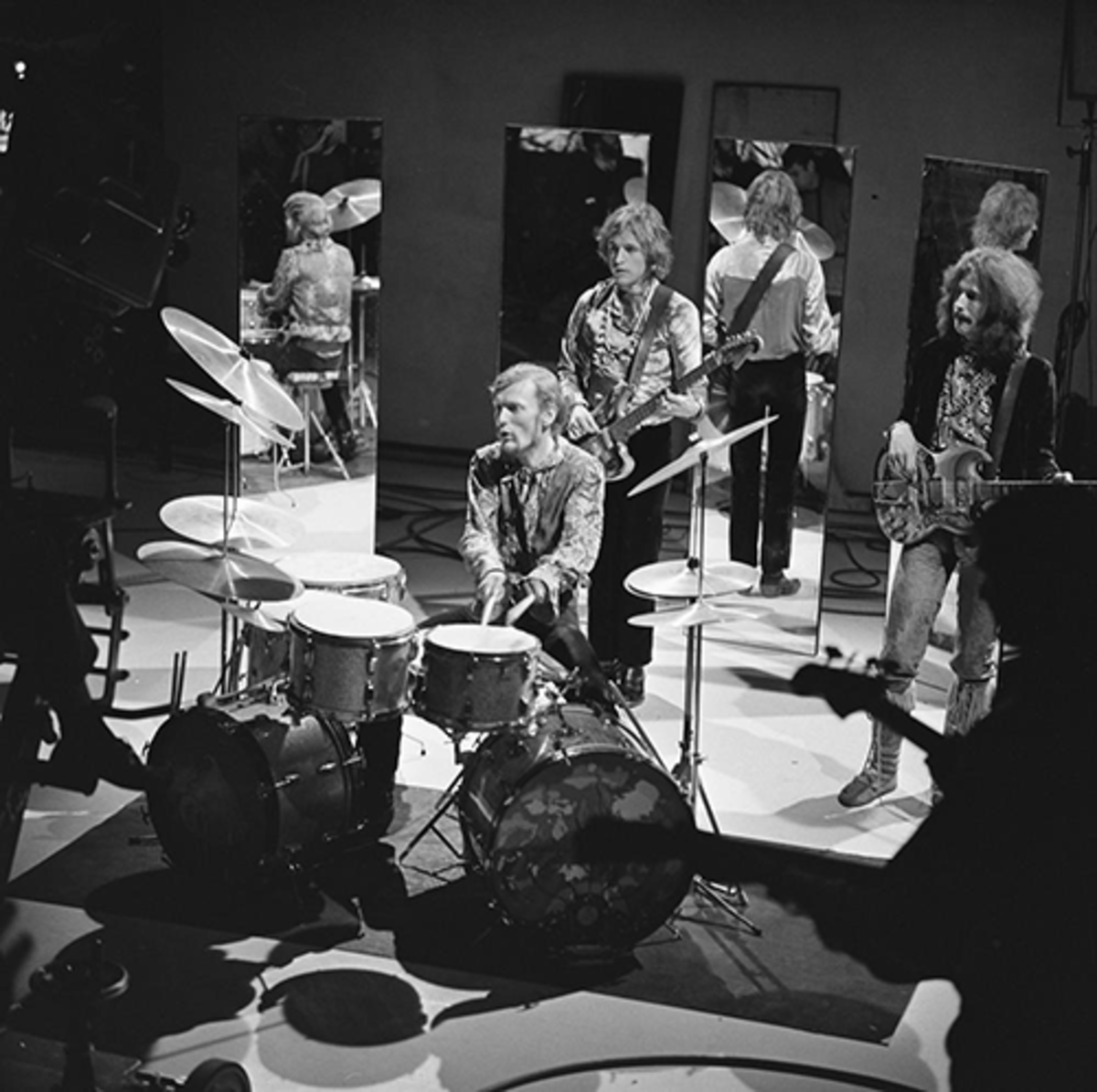The Digital Evolution Of The Music Industry
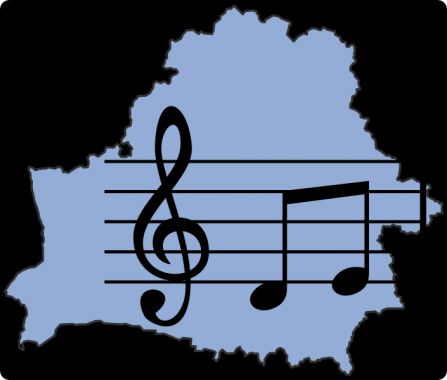
Internet & Sharing
We all know that the music industry is constantly changing at a rapid pace.
Ever since the advent of filesharing applications such as Napster back in 1999, music piracy has been on the rise, the sales of CD's has been declining and although digital downloads in the form of MP3's are on the up via services such as iTunes, digital sales are not making up for the loss in physical sales - music retail is in somewhat of a dilemma.
Some people argue that the situation is no different to many years ago when people would lend each other CD's and cassette tapes in order to copy them.
Although this is true to a certain extent, the internet is a global platform and peer-to-peer applications make files readily available on a mass scale. In fact, worldwide, the internet has over two billion users.
Despite the increase in the ratio of illegal music-sharing, the volume of the market has also increased.
Part of the problem is that record labels are failing to embrace the modern world of digital technology, choosing instead to base their business models on the traditional methods.
This leaves them partly vulnerable, they promote their music to be sold on a commercial basis to the masses which inevitably leaves the music prone to being illegally shared on the internet.
Another part of the problem is the amount of money that record labels invest in their roster, £100,000 for one artist or band to record one album on a major label contract is not an unusual deal. In fact, it's not even that much.
However, it's unlikely that the label will recoup their expenses with only approximately one artist in every twenty going on to actually make a profit for their label.
The rest of the artists make a loss and the label has to then depend on the one successful artist to cover the cost of the other nineteen they invested in, not just through recording sales, but from live performances, sponsorships and merchandise sales also.
All digital downloads, whether by signed or unsigned artists, are now chart eligible which has resulted in a much larger and fairer playing field for musicians - although all the artists in the world are now in competition with each other.
This has given several unsigned and independent artists such as Florence And The Machine the opportunity to receive mainstream exposure. However, education is vital before such achievements can be made and without an ISRC code and a UPC code your music is not chart eligible.
A lot of musicians seem to currently believe that there is no need for the backing of a record label in this day and age and whilst that may now be true to some extent, it's unlikely that an unsigned artist can gain enough PR, promotion and exposure as a record label can due to their established experience, knowledge and contacts - that's why a label offers such high advances to their artists, they want professionally produced and polished sounding recordings with as much commercial viability as possible and therefore they tend to hire expensive A-list producers (being a producer is where most of the money is).
This has led to mainstream music tracks becoming more or less clones of one another and all holding that same commercially manufactured generic sound and typically smooth production (over-produced).
This amount of finance is not required by unsigned and independent artists, they don't need overproduced tracks in order to be successful, the tracks just need to be of broadcast quality and this is where some of the participants in the new wave of fan-financing models in the music industry are wasting valuable resources.
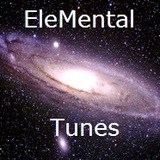
Several fan-funding platforms have been popping up lately on the internet which see unsigned artists raising the money they need to produce their albums from fans and investors.
Whilst this is rapidly become the new way of doing business on the internet, these models also have a tendency to overestimate the market, they raise amounts of money ridiculously high to be invested in the artists and then expect the artists to do their own promotion - it's highly unlikely that the amount of money raised will be recouped by the investors, after all, the artist is promoting themselves and they don't have the knowledge or the contacts that a record label can offer them.
Fans and investors take on their role of actively promoting music they've invested in but who's going to listen to them unless they've already got their own established retail business?
There needs to be a major adjustment in these business models. By taking advantage of the digital market, the cost of physical CD's, printing, jewel cases, insert sleeves and distribution can be eliminated, or at least reduced, thereby cutting out a high amount of outlay.
Electronic mastering services can be found online at reasonable rates and can make music sound polished and professional and there are recording studios out there who offer extremely affordable rates.
Useful Music Sites
- Pledge Music - Raise funds or just sell pre-orders
- Soundout - Get consumer feedback on your music
- Sellaband - Raise funds to produce your next album
- Radio Airplay - Get your music played on internet radio
- Veenue - Collaborate with well-known established artists
- Music X-Ray - Connect with fans and industry professionals
Many costs can be cut out in order to lower the investment level required in an unsigned or independent artist and a higher profit margin can therefore be attained, but at the moment it's just not done, there isn't enough faith in it.
Consumers are still expected to pay the same price for a digital download of a music album as they are for a physical copy of a CD from a shop.
If we take a look at television shows like X-Factor and American Idol it's clear that the major record companies are all about commercial manufacturing. Ultimately the television show is just looking for a singer, the songs have already been written, the music has already been recorded and it has all been produced on the basis of what the company believes will sell - the singer has no creative input.
Top sessions musicians, lyricists and songwriters have already been paid to do the work. As previously mentioned, this leads to modern day commercial music tracks all sounding generically and commercially manufactured - they become clones of each other and many fans are finding it becoming harder and harder to actually find the music they like.
Filtering and analytics services are becoming paramount in the music industry, it's becoming more and more about what the end consumer wants and generally most consumers want free (or close to free) music.
This has resulted in a paradigm shift from digital downloads to ad-supported streaming services and on to low-cost music subscriptions.
The next step is just starting to take place and sees music streaming and subscription services starting to bundle their services with other consumer services such as mobile phone contracts. The consumer feels like they are getting more for their money, it almost feels as though they are getting their music for free.
Ultimately this will probably lead to ISP's (Internet Service Providers) offering music packages bundled in with their broadband/phone/TV packages and the cost of the music service will be combined with the broadband fee, which will then be used to pay the licensing fees for the music - the music will feel free to the consumer even though technically they've already paid for it.
This system also partly resolves the problem of copyright infringement.
Consumers will be paying an extra charge on top of their normal broadband fee in return for the ability and legal right to download the music they want whenever they want.
However, it won't seem like there are any extra charges as it will be merged with the cost of broadband and you won't be able to buy the services separately.
The system would also work well with the new Digital Economy Bill that came in recently - copyright holders complaints will eventually result in ISP's blocking access to the copyright holder's file(s) via the internet as long as the original copyright holder files a complaint about their intellectual property being made publicly available online.
The latest move sees BT (British Telecom) blocking access to Newzbin2.
Signed music only makes up for about seven million music tracks made available worldwide, whilst unsigned music boasts a massive one hundred million music tracks.
Filtering and analytics services will, over the next few years, be learning more and more about individual consumers, what they're music tastes are, what songs they like and will present them with the music that is most likely to appeal to them individually, the software will filter out the gems that each consumer likes.
This means that music consumers will finally be able to find the music they like regardless of what artist it's by and unsigned and independent artists will finally be able to target the right audience.
By Sparkster
Related Hubs:
- A&R In The Digital Age
- Become A Music Industry Investor
- Guide To Releasing An Album
- How To Start Your Own Record Label
- Music Industry: Slicethe Vs Soundout
- Revolutionizing The Music Industry: Ginger Wildheart
- Best Undiscovered Music: Ryan Inglis
- Top Rock Albums Of The Noughties
- Fan-Funding In The Music Industry
- Make Money & Music Online
- Publishing Your Music On Hubpages

